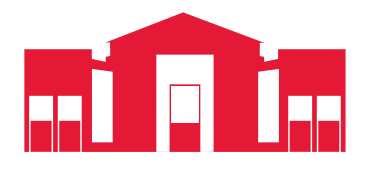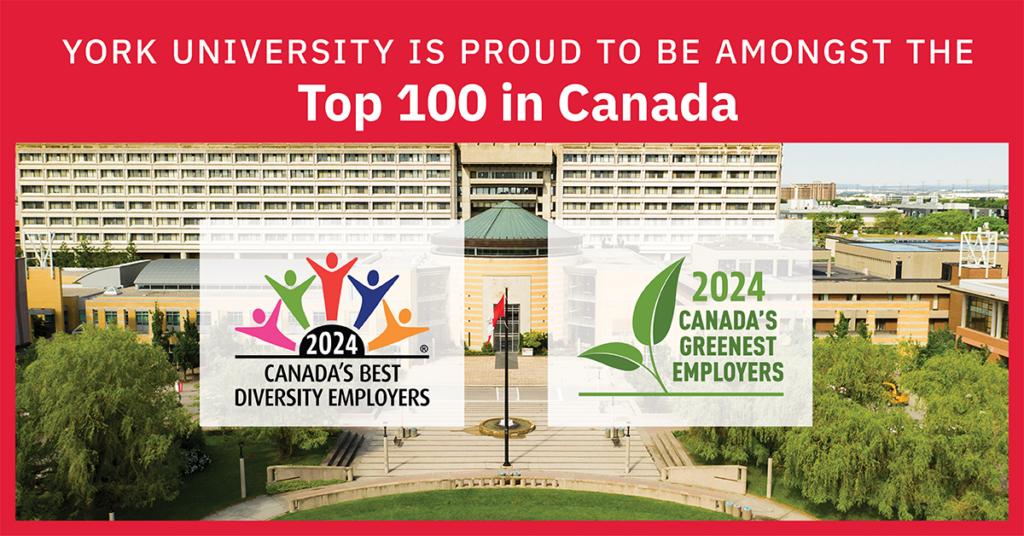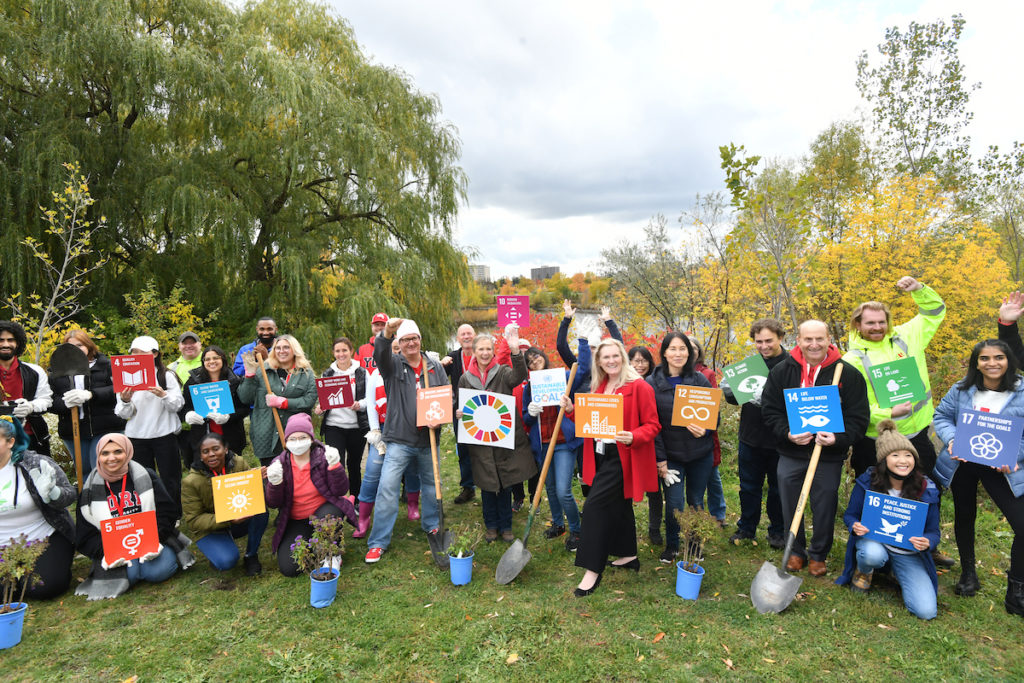
Our Plan to Create a Sustainable Future
York University has long been recognized as an international leader in sustainability-relevant research, teaching, partnerships, and campus practices. By challenging ourselves to deepen this work, and to track and report on our contributions, we reaffirm our longstanding York values of social justice, equity, sustainability, and excellence in all that we do.
York is building on its strong foundation to become one of the most sustainable institutions in Canada. We plan to create a sustainable future by aiming to achieve net-zero emissions by 2040.
Creating a sustainable future starts now and it starts with us.
Are you up for the challenge?
Why is sustainability important?
During the Earth Month 2023 tree planting event at the Keele Campus, we asked volunteers, from students to staff, about the importance of sustainability within our everyday lives.
What are you doing to be more sustainable?
From preventing the use of single-use plastics to taking transit, the York community is creating positive change towards a more sustainable world.
Find your way around our sustainable campuses!

The Glendon and Keele campuses at York University feature a wide array of sustainability features.
Check out the interactive map for more information.

2024 Canada's Best Diversity Employers and Canada's Greenest Employers
York University's outstanding progress in sustainability earns it the distinction of being one of Canada's Greenest Employers for the 12th consecutive year, and Canada's Best Diversity Employers 2024, a first for the University.
York University continues to strengthen its position as a leader in creating a more sustainable and inclusive world, ranking among the world’s top 35 universities for advancing the United Nations Sustainable Development Goals (SDGs), as revealed in the 2024 Times Higher Education (THE) Impact Rankings.
There is no more pressing global priority than the need to embrace a more sustainable way of living. Through our teaching, our research and our own practices, York University has contributed substantially to our understanding of sustainability best practices which are as much about what we do as what we are purposely choosing not to do.
— Rhonda Lenton, President and Vice-Chancellor

A University-Wide Challenge
Our University Academic Plan 2020-2025 (UAP), included a university-wide challenge to elevate York’s contributions to the United Nation’s 17 Sustainable Development Goals (SDGs).
Sustainability Updates at York U
- Discover inspiring stories throughout March about York's efforts to advance the United Nations' Sustainable Development Goals (SDGs) as the University participates in SDG Month Canada. Faculty of Environmental & Urban Change Professor Jennifer Foster is supporting SDG 11 – Sustainable Cities and Communities with work that suggests the best way to create more ecologically rich […]
- York University meets its plant-forward dining goal while expanding culturally diverse food options and educational programs to foster sustainable, inclusive food options. The post York U advances sustainability, well-being through food initiatives appeared first on YFile.
- Discover inspiring stories throughout March about York's efforts to advance the United Nations' Sustainable Development Goals (SDGs) as the University participates in SDG Month Canada. Learn how an interdisciplinary course led by Professor Shital Desai fosters creativity and collaboration to understand and solve complex sustainability issues, advancing work on SDG 12 – Responsible Consumption and Production. […]
- Discover inspiring stories throughout March about York's efforts to advance the United Nations' Sustainable Development Goals (SDGs) as the University participates in SDG Month Canada. Professor Jennifer Korosi is advancing climate science through collaborations with northern Indigenous communities that support SDG 17 – Partnerships for the Goal. The post York U, Indigenous communities partner for […]
LAND ACKNOWLEDGEMENT
Watch this video to understand York's Land Acknowledgement.
York University acknowledges its presence on the traditional territory of many Indigenous Nations. The area known as Tkaronto has been care taken by the Anishinabek Nation, the Haudenosaunee Confederacy, the Huron-Wendat, and the Métis. It is now home to many Indigenous Peoples. We acknowledge the current treaty holders, the Mississaugas of the Credit First Nation. This territory is subject of the Dish With One Spoon Wampum Belt Covenant, an agreement to peaceably share and care for the Great Lakes region.
We also understand that Indigenous peoples around the world have important knowledge about how to live sustainably:
Sophisticated knowledge of the natural world is not confined to science. Human societies all across the globe have developed rich sets of experiences and explanations relating to the environments they live in. These ‘other knowledge systems’ are today often referred to as traditional ecological knowledge or Indigenous or local knowledge. They encompass the sophisticated arrays of information, understandings and interpretations that guide human societies around the globe in their innumerable interactions with the natural milieu. comprehensive research-intensive institution, York University is home to a proud tradition of scholarship and the pursuit of discovery and innovation.

